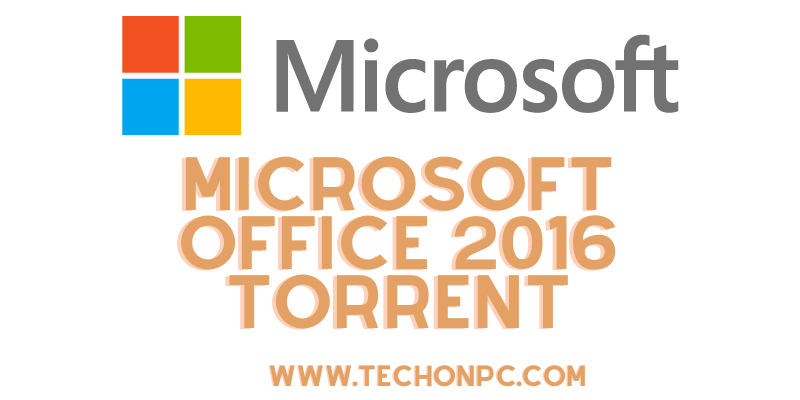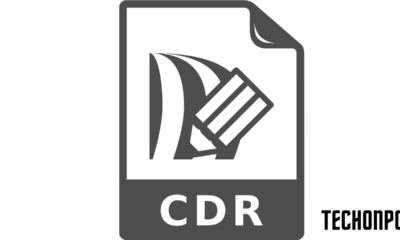Education
A Brief Guide to the Types of CMS
Published
3 years agoon
By
techonpc
CMS
When you think about content management systems, WordPress is probably the one that comes to mind. That’s because WordPress is used by nearly 40% of all websites.
If you’re getting ready to build a website or manage documents across an enterprise, you need to make sure that you choose the right platform for your site. You have to know the different types of CMS platforms.
Choosing the wrong one can cost you time and a lot of energy.
Read on to discover the different types of content management systems and how to choose the right one for your business.
Purpose-Based CMS
There are a couple of ways to classify content management systems. You can categorize them based on the purpose of the platform, or you can do so based on the licensing model.
A purpose-based CMS is used for a specific purpose. For instance, a web content management system helps you build websites.
An enterprise content management system delivers your company’s most important content to the right stakeholders at the right time. This is critical if you have employees working on a major project.
They have access to the information they need, such as manufacturing specs, to move forward on the project.
A document management system is a simple way to store and organize all of your important documents. Employee policies, procedural documents, contracts, and every other document you use are stored digitally.
Open Source CMS
Everyone loves free. That’s the major draw of open source CMS platforms. These are CMS platforms that allow you to see and change the source code as you see fit for your project.
Not only that, but you don’t need to license open source software. You just download it and use it.
WordPress is the primary example of open source software. Drupal, Joomla, and TYPO3 are other open source CMS platforms.
Open source platforms usually have large communities of developers that support them. They’ll create plugins and other improvements to the platform.
SaaS CMS
SaaS means Software as a Service. You probably deal with some kind of SaaS platform every day. Google Drive, Gmail, QuickBooks are all SaaS.
These companies have the infrastructure to host their services and your content in the cloud.
In the world of website CMS platforms, there are a number of solutions that use this model. This eliminates the need to find a website host.
WordPress.com, BigCommerce, Shopify, and Squarespace are all SaaS CMS platforms. Some of these are paid platforms, while others aren’t.
Proprietary CMS
A proprietary CMS means that an entity owns the source code and charges a licensing fee for you to use it. They also consider the source code to be intellectual property, and they go out of their way to protect it.
Most proprietary CMS platforms don’t give developers access to the source code. That means that you’re totally dependent on the company to provide updates and add new features.
Headless CMS
This type of CMS has more to do with the architecture of the site than anything else. A headless CMS platform is built for ease of use across devices. This matters more than ever now that Internet of Things (IoT) devices are commonplace.
Headless CMS separates the content editor from the backend of the system. The content is delivered through an API.
It delivers a better user experience, but it can be difficult for some people to manage. Sitecore and Magnolia CMS are examples of headless CMS platforms.
How to Choose a CMS
Choosing a CMS may seem simple, but there are so many options, it’s not as simple as you think it is.
To choose a CMS, you need to start at the top. What’s your purpose for the CMS? If you’re building a website, you need to choose a web CMS.
If you’re trying to organize large files across an enterprise, then an enterprise CMS is right for you.
Budget
Of course, the cost of the CMS is going to matter. You’ll need to have a budget in mind before you start shopping.
CMS platforms range from free to thousands of dollars. It does come down to the type of CMS that you need.
Customizations
Do you need a specialized solution for your organization? If so, a CMS that gives you the ability to make customizations to fit your needs is a priority.
Open source solutions are going to offer customizations. Some SaaS and proprietary solutions may offer customizations, but you need to ask different vendors.
Integrations
Will the CMS play with your existing systems? That’s the key question you need to answer before you sign up.
Make a list of the software that you want to integrate with your CMS and check with different vendors to see if it’s possible or not.
Technical Support and Service
You can expect that any type of technology will have some issues. You need to know what kind of support is available if you have issues.
This is where you can run into issues with open source software. You’re not going to have a customer service number to contact for help. You’ll have to look online to see what potential solutions are.
If you’re lucky, you’ll see a solution from within the development community.
If you’re looking at a complex CMS, then you might need help with onboarding and training. Make sure you know what to expect before you make a commitment.
Understanding the Different Types of CMS Platforms
CMS platforms come in all shapes and sizes. You can use the different types of CMS platforms for anything from building websites to managing your most important documents.
Do you want more great tech tips? Be sure to read the other articles on this site.
Follow Me

Unleashing the Power of the Office Accelerator: Maximizing Productivity and Efficiency in the Workplace with Office 365 Accelerator

Unlocking the Hidden Potential of Your Website: Strategies for Growth

From AI to VR: How Cutting-Edge Tech Is Reshaping Personal Injury Law in Chicago
Trending

 Microsoft4 years ago
Microsoft4 years agoMicrosoft Office 2016 Torrent With Product Keys (Free Download)

 Torrent4 years ago
Torrent4 years agoLes 15 Meilleurs Sites De Téléchargement Direct De Films 2020

 Money4 years ago
Money4 years ago25 Ways To Make Money Online

 Torrent4 years ago
Torrent4 years agoFL Studio 12 Crack Télécharger la version complète fissurée 2020

 Education3 years ago
Education3 years agoSignificado Dos Emojis Usado no WhatsApp

 Technology4 years ago
Technology4 years agoAvantages d’acheter FL Studio 12

 Technology4 years ago
Technology4 years agoDESKRIPSI DAN MANFAAT KURSUS PELATIHAN COREL DRAW

 Education3 years ago
Education3 years agoBest Steph Curry NBA 2K21 Build – How To Make Attribute, Badges and Animation On Steph Curry Build 2K21

You must be logged in to post a comment Login